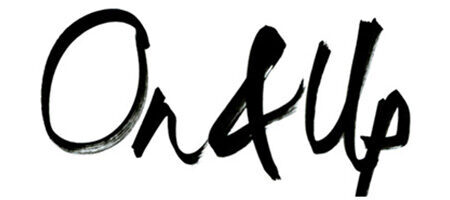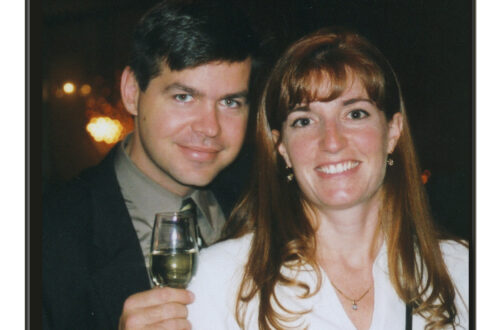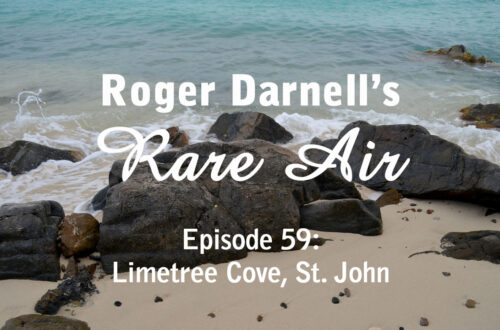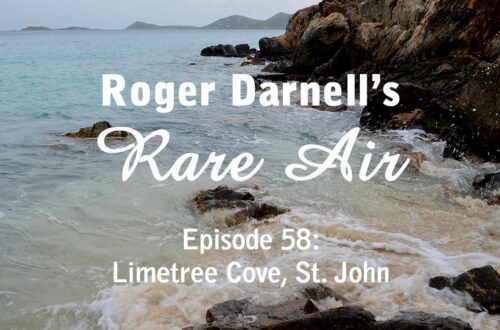In the late summer of 1989, I had an idea to approach the University of Central Florida’s student newspaper, “The Future,” about writing a column. I wrote the first one and very humbly submitted it in person to the editor, Scott Altman. Without much fanfare, it was accepted, and so it went for the next fifteen months. Ultimately, many positive experiences grew from these efforts. One esteemed instructor made much of my work and was instrumental in my winning a Scripps-Howard Foundation Fellowship for the column that appeared July 25, 1990, under the headline, “Wishing for Chicago Life in the Heart of Orlando.” Thank you, Keith Fowles. The sincere appreciative feedback of several friends (including Beth Kiefert, now Beth Darnell) and a few other tips of folks’ hats made the experience most worthwhile.
I have just posted the full time capsule, featuring the thoughtful, humorous, satirical and/or fictional work of a rather atypical central Florida college student at the turn of the 1990s, online here. And although this is not the best or most coherent of the bunch, I thought I’d use this space to share the entry that appeared 19 years ago to this day.
Apr. 3, 1990: Paying Homage to April Fools
The April Fools weren’t nearly as naive as history paints them to have been. They were four men that, together, represented every race and nationality. It was by pure coincidence that they met in a tavern in rural England in 1619 as each involved himself in trying to secure passage to America. Embroiled in their talk, they carried it into the water closet, which happened to be the one designated for women, and were promptly trounced from the tavern as drunkard idiots.
In attempting to secure finances, the four took to business together. However, nothing seemed to work. Everything they took a part of went to pieces, except a jigsaw puzzle they invented. Everything they tried sunk, except an anchor they made. Finally they scraped together all their money and bought a small ship fashioned out of potatoes by an Irish craftsman.
They set sail at the same time as the Mayflower, but it was their store to suffer the long winter at sea. They survived by eating the fish that feasted daily on their ship, and finally by eating the ship itself. In late March of 1621, the four swam ashore at Plymouth.
For April 1, Plymouth’s Governor William Bradford staged an elaborate if quirky festival which commenced with the unveiling of The Oppressor. A stage was built which looked out over the ocean, and the ritual involved a white curtain being lifted to reveal the view, which symbolized nature as the only true oppressor. The four fools were completely surprised when, upon climbing a bluff and mounting a platform, a curtain was drawn back and they saw the shocked mass of citizens staring at them. The four were nearly stoned to death on their retreat. Today, discussions of All Fools Day are still frowned upon in some Protestant sectors.
Alas, the fools had profound impact on American society. In America, they submitted patents for Pop Rocks, Joy Buzzers, and Condoms. Modern society has recognized them by carving their faces in Mt. Rushmore. Thousands of tourists cross the country annually to pay homage to the April Fools.




